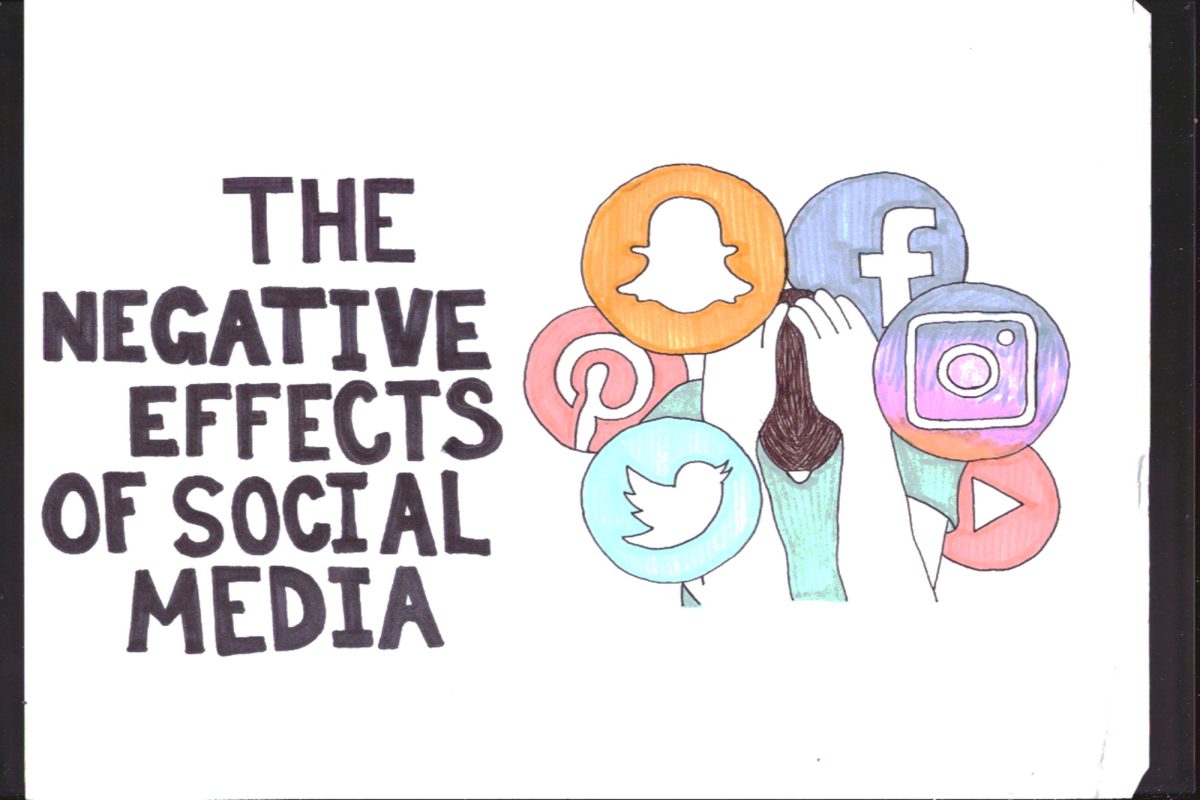“Adversity causes some to break; others to break records.” – William Ward
Young minds are taught early on that playing sports means having to make sacrifices. Success comes from being able to react well and adjust to unpredictable events, much like an elite.
Many parents want to start their children in sports at an early age so they are exposed to the environment, rules of the game, and can improve as they grow. Involving children in all sporting activities provides more focus to the athlete and determination when it comes to schooling.
According to Athlete Assessments, female high school athletes alone are three times more likely to graduate than women who are not involved in sports. Thus exhibiting positive behavior in practices and learning positive reinforcement translates to being an exceptional student in the classroom. Time management, scheduling, giving a hundred percent, and responsibility are all correlated to attending practices and games.
According to The National Institutes of Health, 75 percent of American households have at least one child participating in sports today. Parents who want to encourage their children to play professional sports usually have to start them as early as possible. Technique and reaction time are elements of sports that need to constantly be worked on throughout the child’s development in order for them to become skilled enough to play at the college level or higher. Although, according to Ohio State University, only 251 out of 1,083,308 kids who participate in high school sports make it to play “pro.”
There are many long term benefits of playing sports as a child. A good team environment and encouragement from coaches can contribute to improved mental health in kids and teens. It all depends on the type of person, and what works for them. Playing competitively can show kids the feeling of winning games and improving with hard work. The phrase “hard work pays off” is not just an old wives tale.
High school sports serve as an amazing opportunity for students to receive scholarships through their talent. Dedicated players who demonstrate advanced skill and focus during games are able to access a higher level of education as a result. Most of the time, kids are able to go to school for a reduced cost or even a full ride. Athletes who are not able to afford to go to an institution turn to sports as a window of opportunity for them. According to Fordham University, 86 percent of college athletes are living in poverty.
Many alternatives to playing competitive sports offer experiences some kids might enjoy much more. Youths are able to play in recreational and club leagues, that allow the teamwork aspect of a sport without all of the stress and pressure to win. While coaches may be inexperienced when it comes to these leagues, they provide a sense of community and fun for the kids. As a player, it’s important to self reflect on the impact of sports and reevaluate if participation is beneficial to one’s life while playing any level of sports.
While beginning sports early for a child reaps many benefits; the pressure and responsibility, and less time for friends and school work can also be extremely difficult. Sports can also be detrimental to children’s physical health, causing them to isolate themselves from other every day activities with practices, or being taken out of everything by an injury. This can lead to mental health issues in children and teens alike, such as depression, anxiety, and lack of motivation.
Athletes who are older and more serious about their sport know that injury is always possible and quite common, but causing youths to get hurt so early on can affect their growing bodies in a much more impacting way.
According to Stanford Medicine, more than 775,000 children participating in sports activities are injured each year, and one in four injuries is considered serious. In fact, starting children early in sports means that they often aren’t properly taught how to stretch before playing, and take care of their bodies to prevent injury. These student athletes are not educated about nutrition and hydration, because many times the game isn’t taken as seriously. While this can be beneficial for a stress free team experience, this situation also invites inexperienced teaching. Recreational leagues allow parents to lead and coach teams without needing any necessary credentials or experience.
Additionally, kids who participate in sports early on are likely to become burnt out quicker if they are in more serious leagues earlier on. Continuing with sports during adolescence takes a specific type of person to play at a high level of rigor for multiple years.
Children who participate in sports need to pay attention to their mental health and be vocal about it. Spreading awareness and communicating similar feelings with others who have shared experiences can serve as a great support system for athletes and all kids alike. The Hidden Opponent is a great platform for athletes struggling with mental health and facing issues relating to their sport. This resource helps provide a sense of community for student athletes to find help if they need it and to discuss their feelings.
Starting children in sports at a young age is overall beneficial because it puts them in front of others developmentally who are not actively involved in sports. Communication, dealing with authority, healthy habits, and confidence are all things that sports instill early on that will translate into their academics and future careers.
We need to encourage kids to be involved in sports as soon as possible. Sports can serve as a creative outlet as well as an educational experience. It’s important for all kids to be out exercising, and playing sports at a young age can make it so much more than that.






